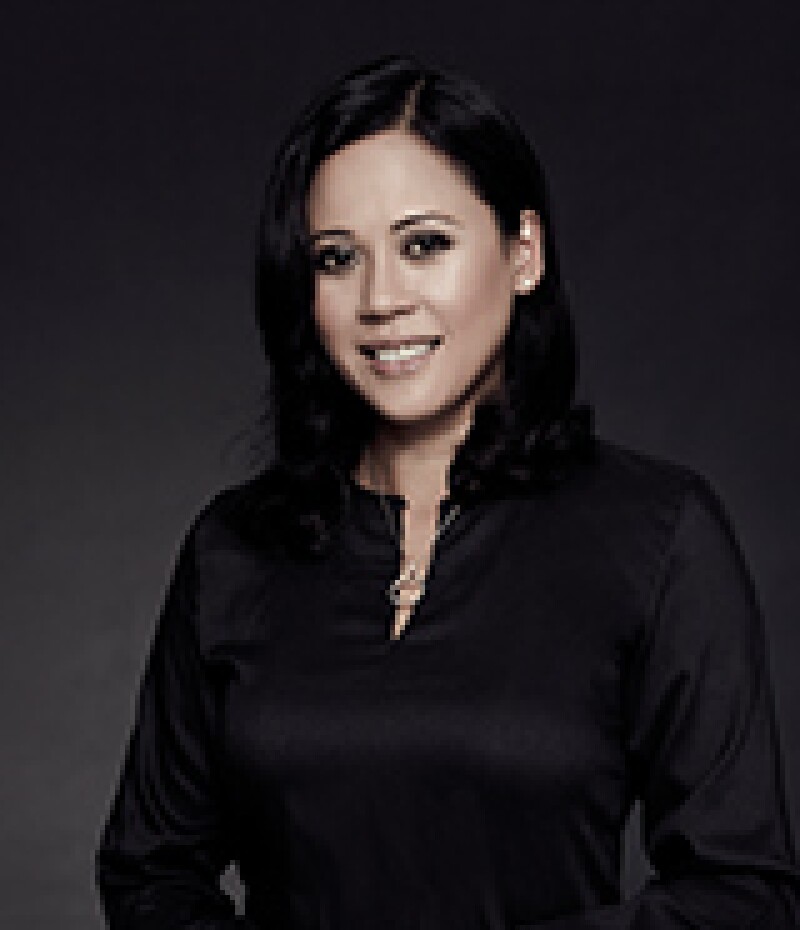Where do digital banking and Islamic finance intersect? One might expect resistance in this intensely conservative arm of financial services, where the physical and tangible is everything. But in fact the lack of legacy infrastructure in some Islamic banks is making them fertile ground for digital innovation.

|
Raja Teh Maimunah,CEO Hong Leong Islamic Bank |
Raja Teh Maimunah is CEO of Hong Leong Islamic Bank in Kuala Lumpur, a role she has held since October 2011. An alumnus of CIMB and of Bursa Malaysia, where she spearheaded Islamic product development, she is among the most digitally savvy executives in the industry. For her the relatively small scale of the bank was an asset when it came to digital strategy. “We are small relative to conventional banks and relative to our parent,” she says. “The parent is 100 years old; I celebrated 10 years last year. I have 3% of what they have [in terms of branches]. It’s going to take me 100 years to grow that bank and I don’t have 100 years.” How, she asked, could she build the institution without having to grow bricks and mortar? Digital banking provided the answer.
“When I started out, there was scepticism,” she said. “People thought Shariah-compliant banking was synonymous with conservatism. Everyone thinks Shariah is old school.
“I had to educate people that, believe it or not, 1,400 years ago at the peak of Islamic civilization, the Islamic nations were the greatest innovators. There is no conflict between innovation and Shariah.”
She argues that one of the most vital benefits of Islamic finance has been inclusion and that a digital strategy simply enables it: “Malaysia is a great place to try this out. Our banking penetration is very high already, but our mobile penetration is 140%, and seven out of 10 phones are smartphones.”
The first thing she developed was a mobile payment terminal, with the phone itself acting as a card reader; to pay into it one simply uses another phone. “The customer taps his phone to her phone, like what you see in China, but China allows wallet systems like Alipay,” she says. “In Malaysia, regulations are still pretty tight,” so the system has to use a debit account methodology.
“Before doing anything sexy, we wanted to touch on the transaction side first,” she says. “One, that’s Shariah-neutral: it’s just moving money, there’s no controversies there. Two, it’s encouraging behavioural change. The use of a debit card is virtually nonexistent here and we need to move people into being comfortable with using a debit account.”
Hong Leong Islamic’s mobile payment system allows anyone to transfer money to anyone else with a mobile phone number. One option is that people can collect their money straight from an ATM. “I send you a pin number and you can get the hard cash,” Maimunah explains.
The system, called PEx for mobile to mobile and PEx+ for customer to business, was introduced in Vietnam in 2014 and is now widely used in Malaysia. An e-commerce variant is being rolled out.
Other pilot programmes have followed, such as a cashless campus, introduced at UCSI University. “We thought those Generation Ys would be easier to persuade to adopt this,” she says. “But the whole country is changing. There is going to be a wave of conversion to contactless terminals.”
Another initiative focuses on mobile apps for SMEs. “Our micro SMEs are the biggest culprits, using cheques, using cash; even payroll is done in a bag or an envelope.” So it has got potential.
Nevertheless, there is a lot of explaining to be done, not just at the retail level but in banking itself. “Most bankers I know can’t really see the threat of fintechs,” she says. “They think a fintech is a boy in a garage doing nothing. But the reality of fintechs is they are not a single-entity competitor, there are thousands of them, nibbling on different parts of what we do. It’s like the Chinese saying: death by a thousand cuts.
“Remittances are one of our biggest challenges. That used to be our bread and butter, and we used to think it was our divine right. But now money moves in other ways, cheaper, quicker, less intimidating to migrant workers.”
Seeing the threat and the opportunity, Maimunah works with fintechs, sits on some projects and sponsors others. “It’s an education for us,” she admits. “There isn’t a single bank in the world that has figured it all out, but the better ones have been able to figure out some bits of it.”
Islamic finance offers some clear opportunities for digital banking. Examples include the hajj pilgrimage savings and the zakat process of donating money: “We can do that online: pay a Cambodian mosque and they can go and help the poor.”
Traditionally, this, like many elements of Islamic finance, rested on a handshake as part of the act of completing a contract, a process known as aqad. “Scholars who have progressed, they say you have to look at substance over form. As long as I have agreed on and understood the terms – as the Prophet did when he shook your hand – that fulfils Shariah.
“Digital evolution becomes extremely critical to Islamic finance as we become more sophisticated,” she says. “We can’t be lugging around physical assets anymore. Costs have to come down while preserving the principles of Shariah.”
